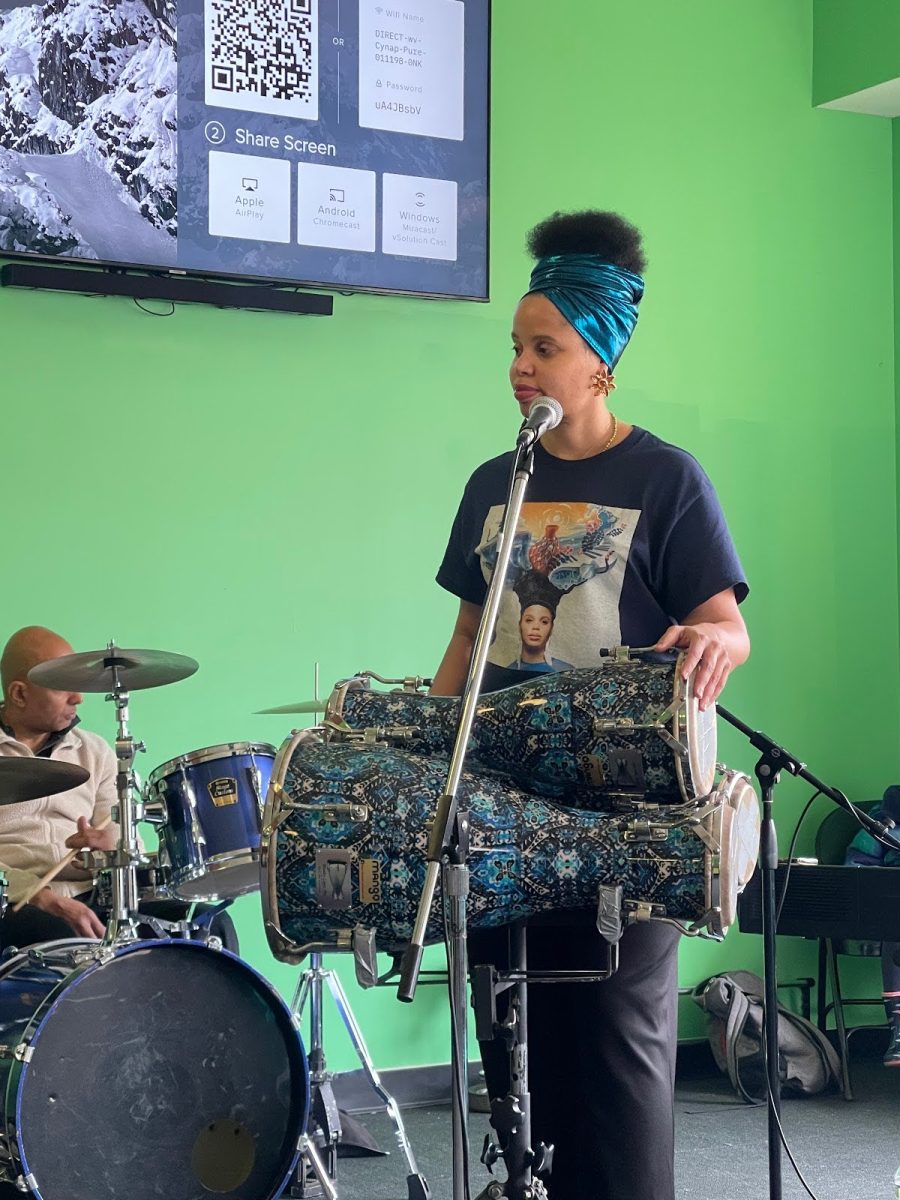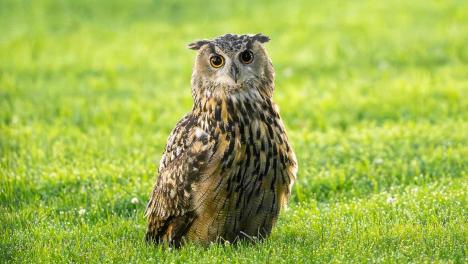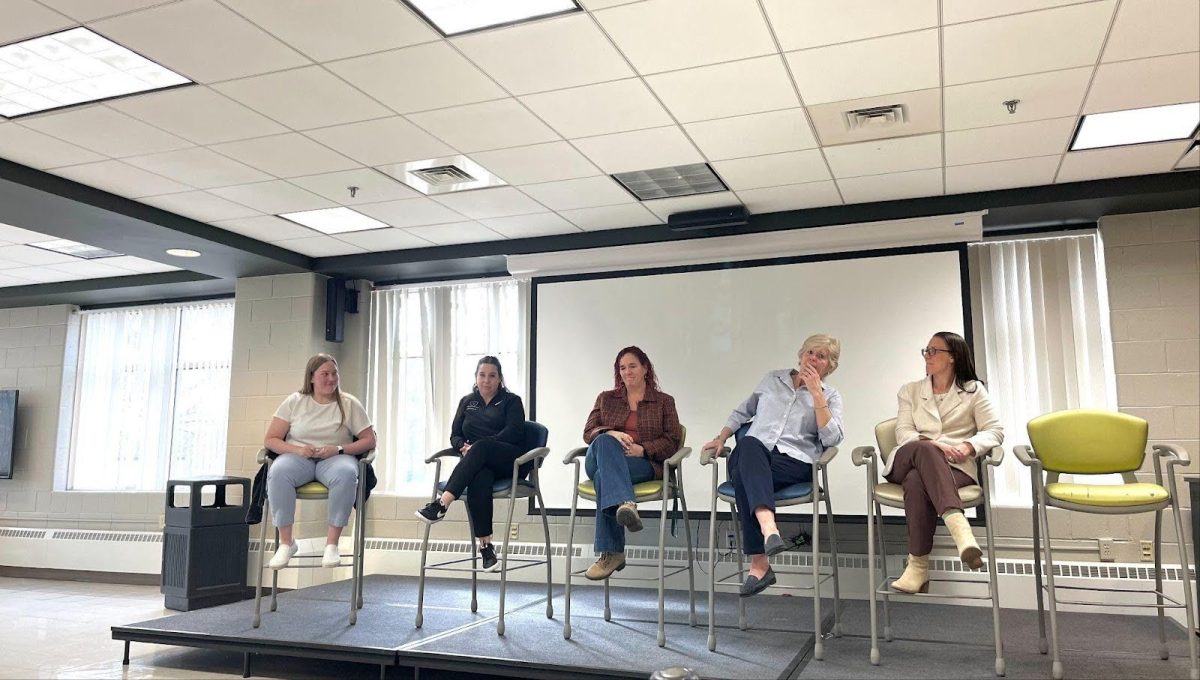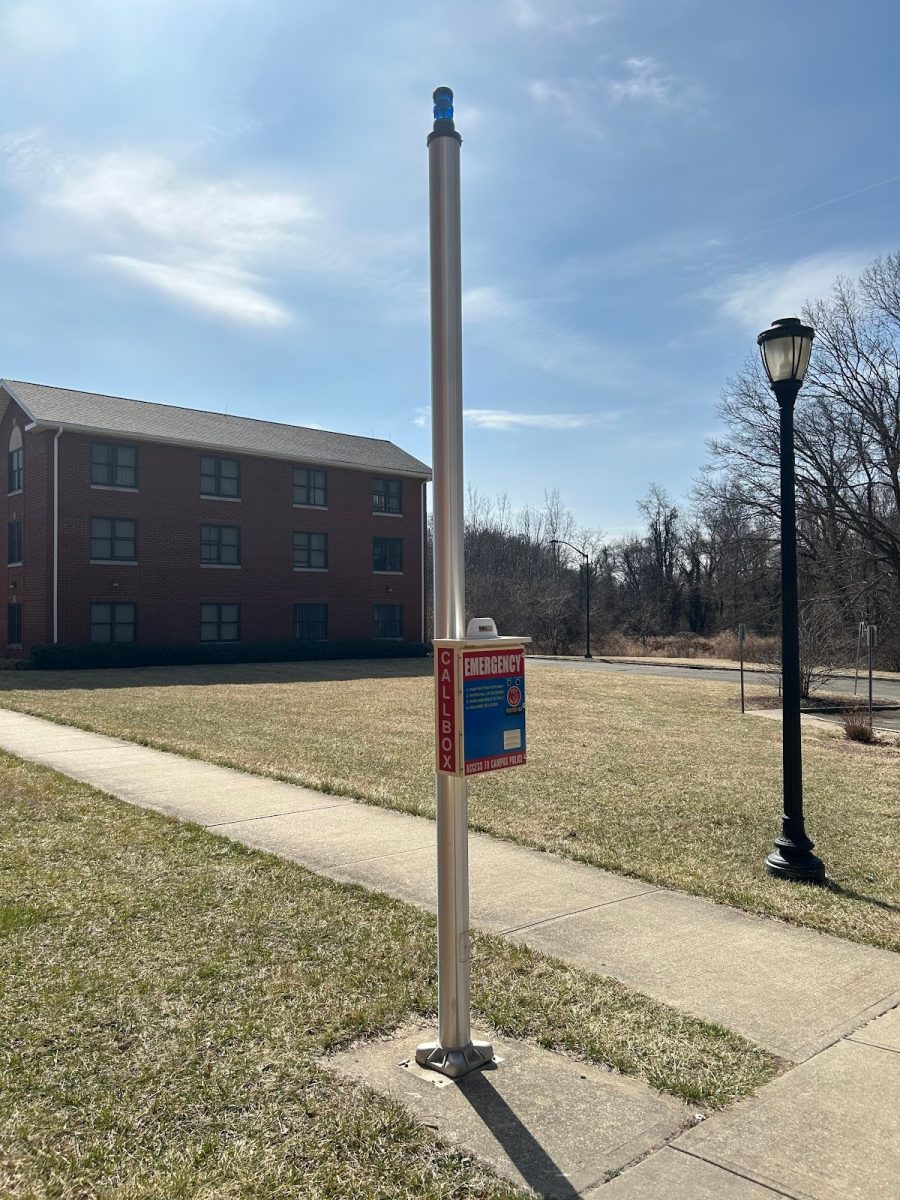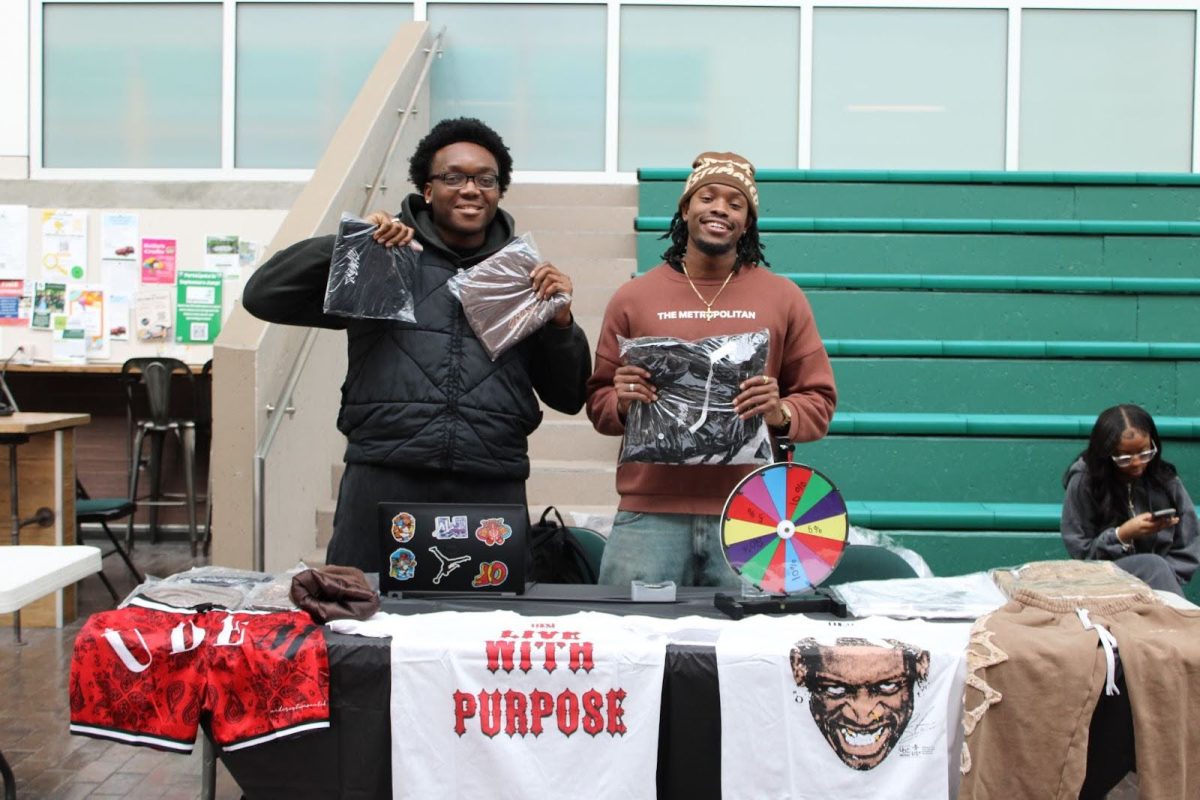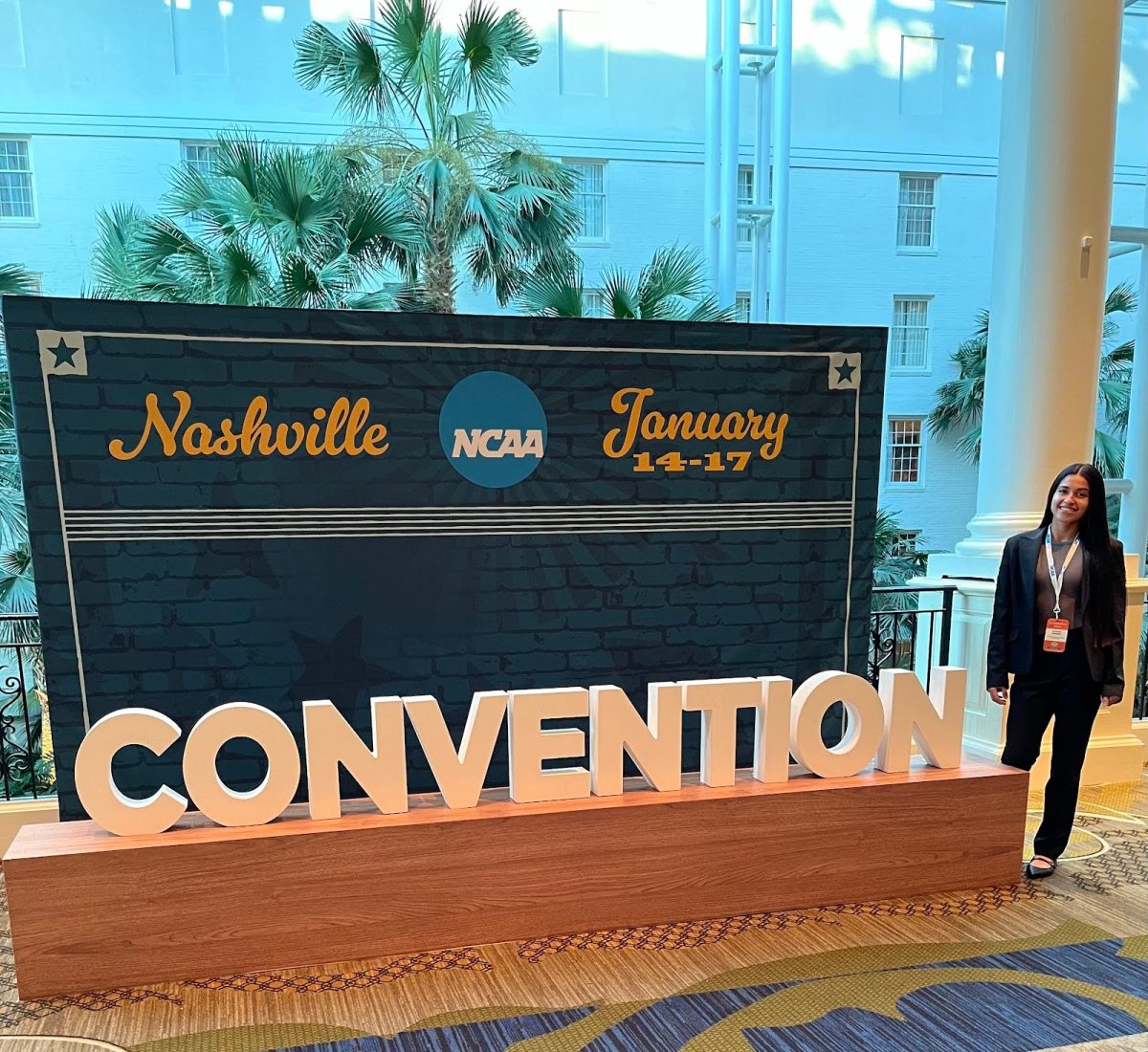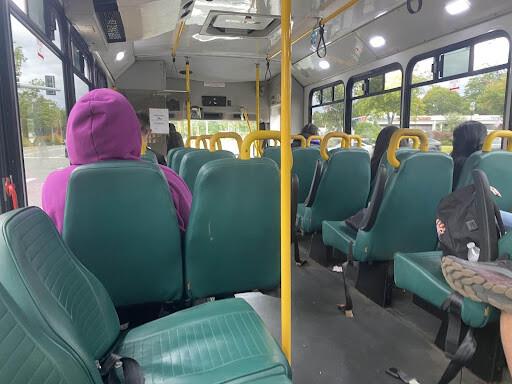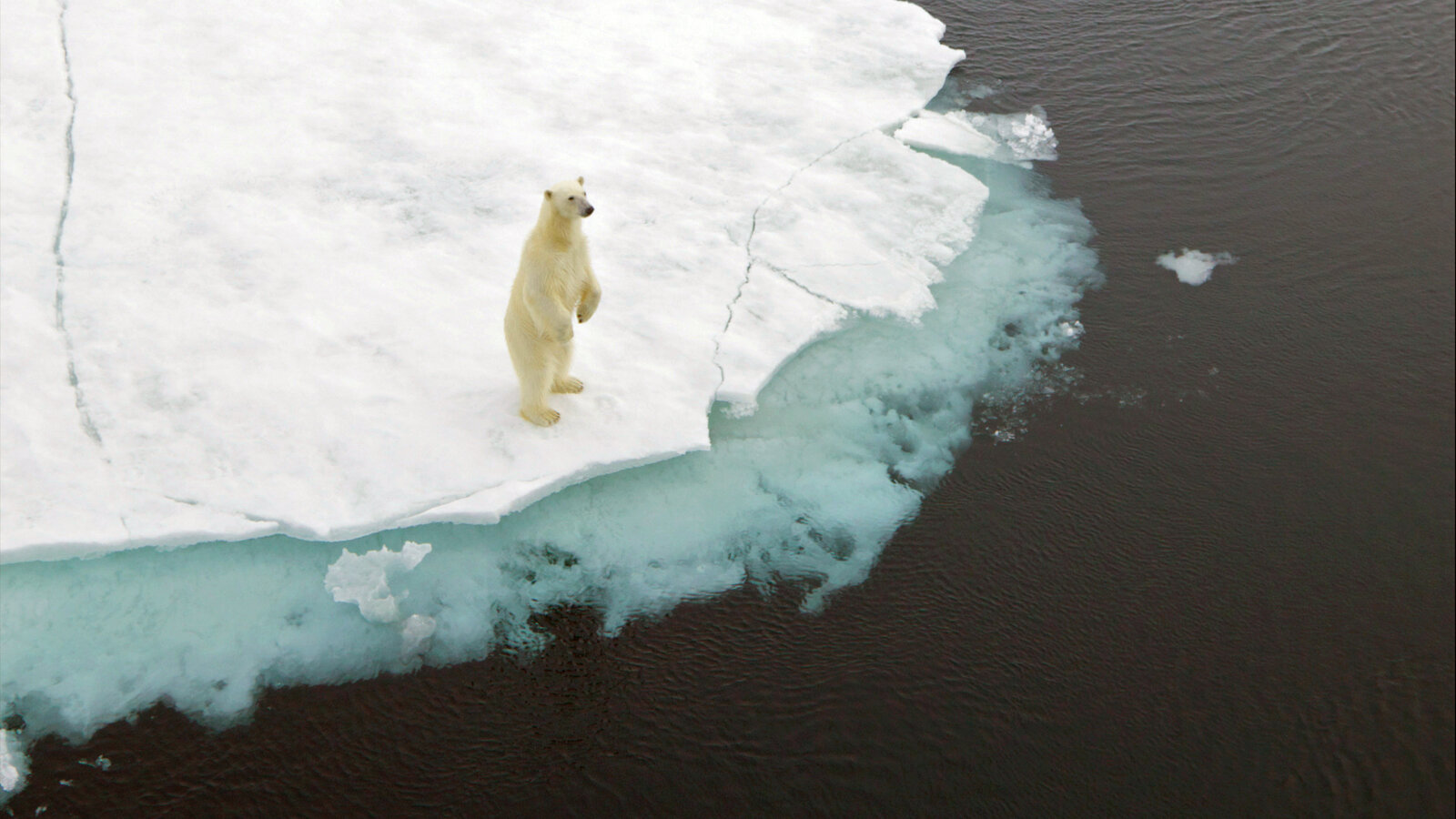
For decades now, climate change has been one of the most prevalent issues facing our society. It not only threatens other species that inhabit planet Earth, but humanity as well. We have seen millions of deaths over the years from natural, man-made disasters like wildfires, hurricanes, and tsunamis.
This year is no different, as a recent report from the Intergovernmental Panel on Climate Change (IPCC) serves as a stark reminder that global warming is here, and it’s likely going to get much worse in the near-future, especially if no immediate action is taken to combat and mitigate the threat.
Some pretty shocking findings have been discovered, too. For instance, according to the World Resources Institutes’ takeaways from the actual report, by 2030, 48,000 children are at risk of flood-related death and 32-132 million people will be driven into “extreme poverty.” Outside species and ecosystems, not just humanity, face devastation, such as “mangroves failing to counteract sea level rise, declines in sea-ice dependent species and large-scale tree death.” That last fact is especially crucial, as trees are extremely important for carbon capture.
In the next decade, some developing countries will be unable to avoid some of the greater climate impacts, even with adaptation strategies. If all of this news seems overwhelming to take in, that’s because it is. Thankfully, there are things that we can do to combat this. Changing the way we live and function is one thing (like switching to renewable energy, cutting down on plastic, recycling, etc.), but getting governments to make meaningful changes is the most important step.
We’ve seen activists like Greta Thunberg and even famous actors Leonardo DiCaprio and Mark Ruffalo do this in recent years, but continuously calling for change is the best thing we can do right now. This could occur through protests or simply posting and sharing on social media. The Paris Agreement, which was created in 2015 as a commitment between countries to help stave off global warming, has goals of limiting to 1.5 C, but even that isn’t totally sustainable, as, according to the report, 350 million people would face “water scarcity” due to melting glaciers, and “as much as 14% of terrestrial species” would be at risk for extinction.
So, again, the best thing we can do as a society is to not only make changes to the ways we live ourselves, but also hold corporations and governments accountable, and continue to speak out and push them so that actual positive change can come. The next COP summit is this November in Egypt, and let’s all hope that real, ambitious plans and changes will be coming then. For now, let’s keep pushing for change so that future generations can live longer!

